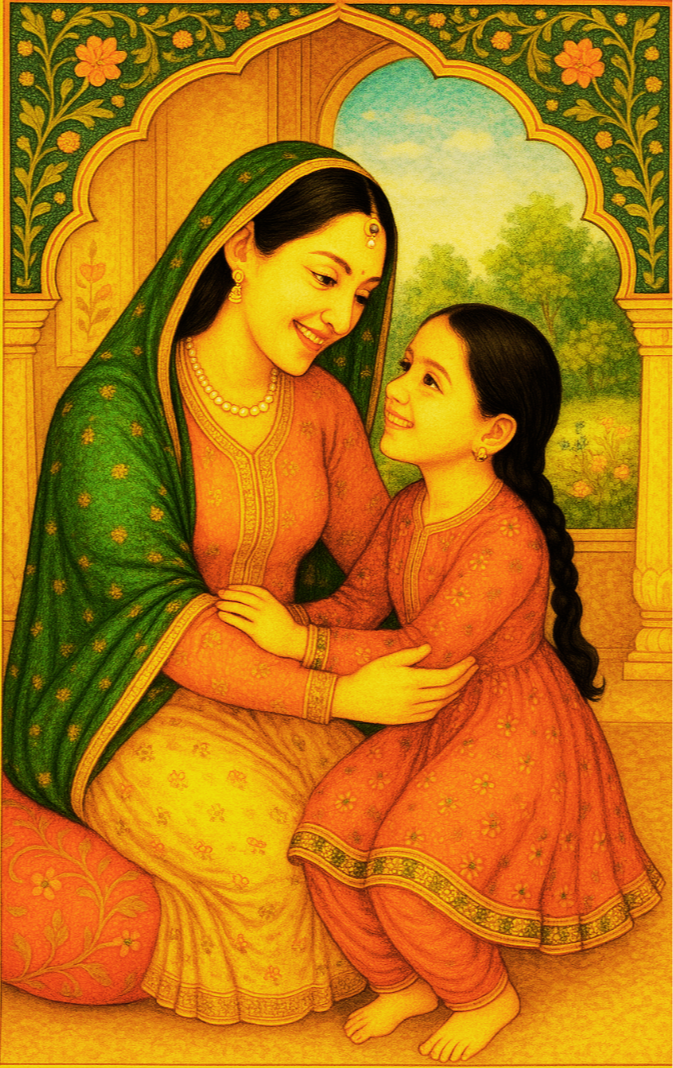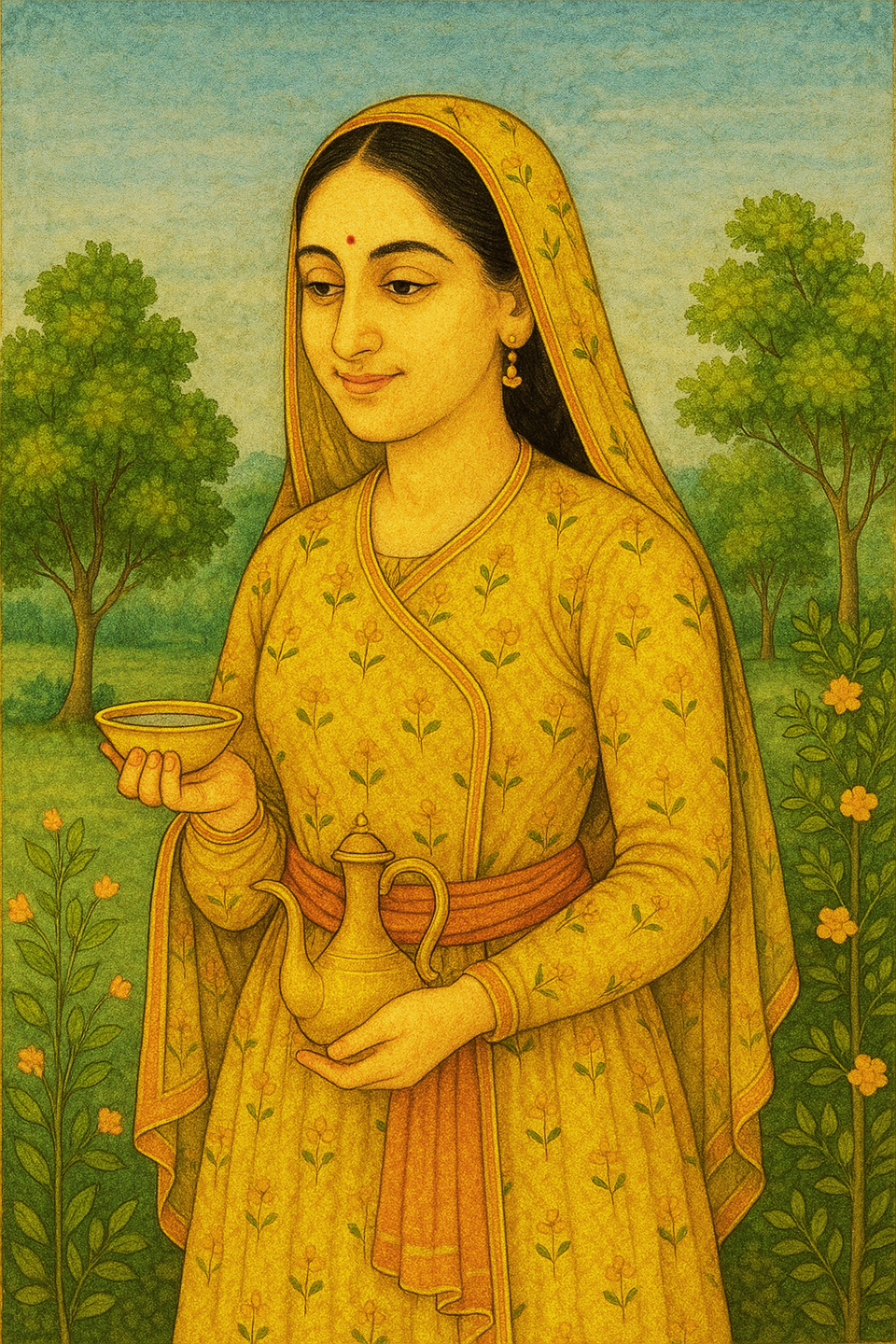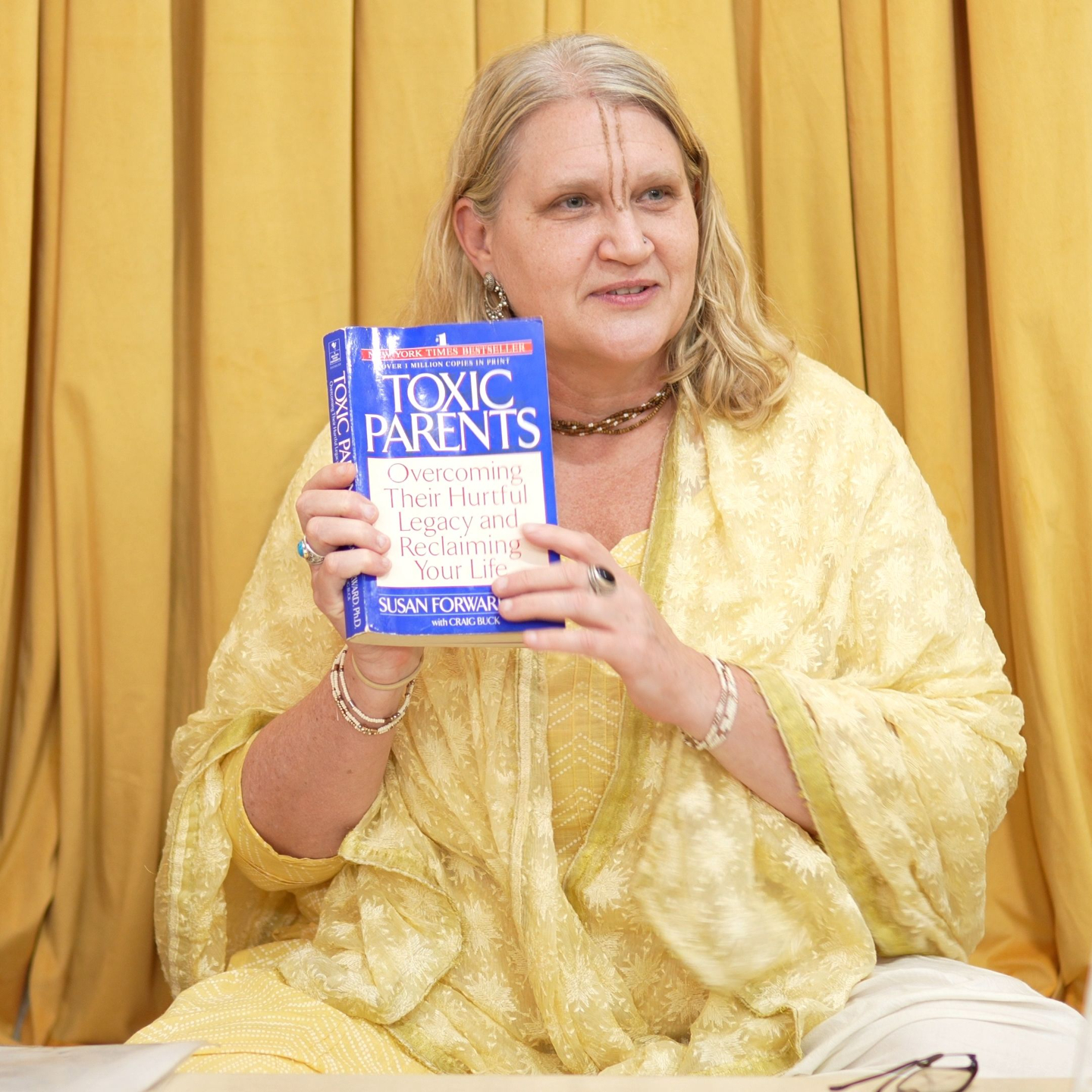
Saumya (सौम्य)
Authoritative Parenting Style
Authoritative parents offer a harmonious blend of warmth and firmness, creating an environment where children feel both loved and guided. They provide consistent boundaries while remaining emotionally attuned, fostering trust and open communication. Rather than controlling, they coach their children—explaining rules with patience and reinforcing them through thoughtful, age-appropriate consequences. This approach nurtures both confidence and accountability, supporting the child’s growth into a secure and self-aware individual.
CONSISTENT AND KIND
In classical Sanskrit, Saumya (सौम्य) connotes softness, gentleness, and grace. It derives from soma—the cooling, nourishing essence associated with the moon—suggesting one who soothes, balances, and brings emotional clarity. It evokes a sattvic blend of firmness and warmth, discipline and tenderness.
SVASTHA - Secure
The Result of Authoritative Parenting Style
The essence of the adult formed through sattvic, authoritative parenting is called Svastha, meaning, "one who is rooted in themselves." Svastha is balanced in her behavior and relations and is responsible, well grounded, empathetic, and caring, —someone whose self-worth, boundaries, empathy, and motivation arise from an emotionally secure upbringing.

SANSKRIT MEANING
Svastha (स्वस्थ) – not only "healthy" in the physical sense, but also grounded in one's own true nature (sva = self, stha = established), connoting inner balance, emotional resilience, and well-being. One who sees from a place of inner wholeness—a being established in the self, guided by clarity, and radiating balanced perception, is Svastha.

How Were You Parented?
Take the Parenting Style quiz to uncover the dominant style of your parent. Trace the roots from your childhood upbringing to the patterns you carry into adulthood.

DEEPEN YOUR STUDIES
Click on the title to learn more
- Toxic Parents Book Club
- The Toxic Father e-course
- My Mother, Myself e-course
- Love & Attachment Styles e-course

